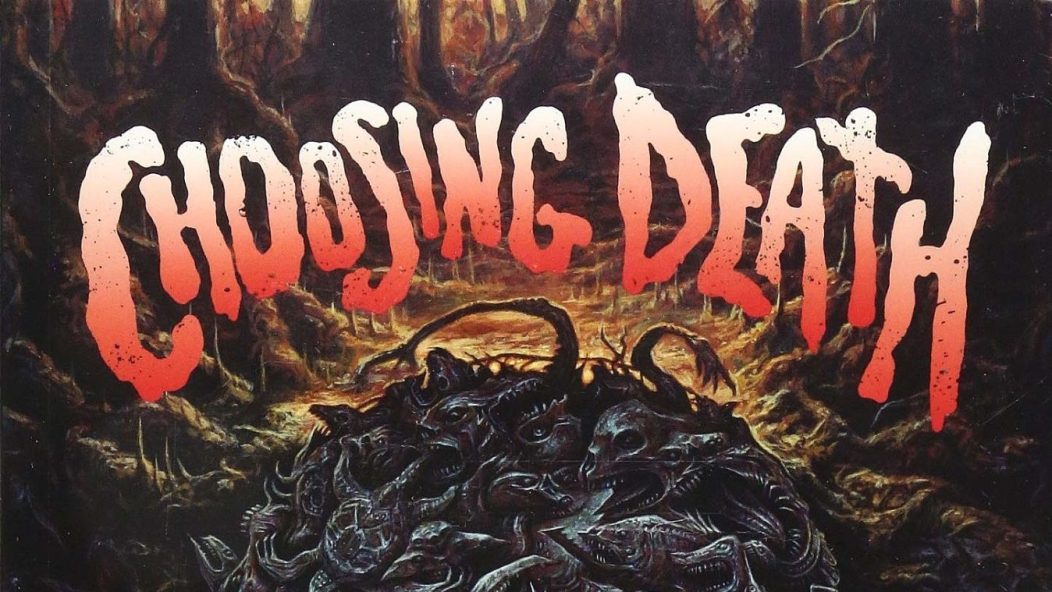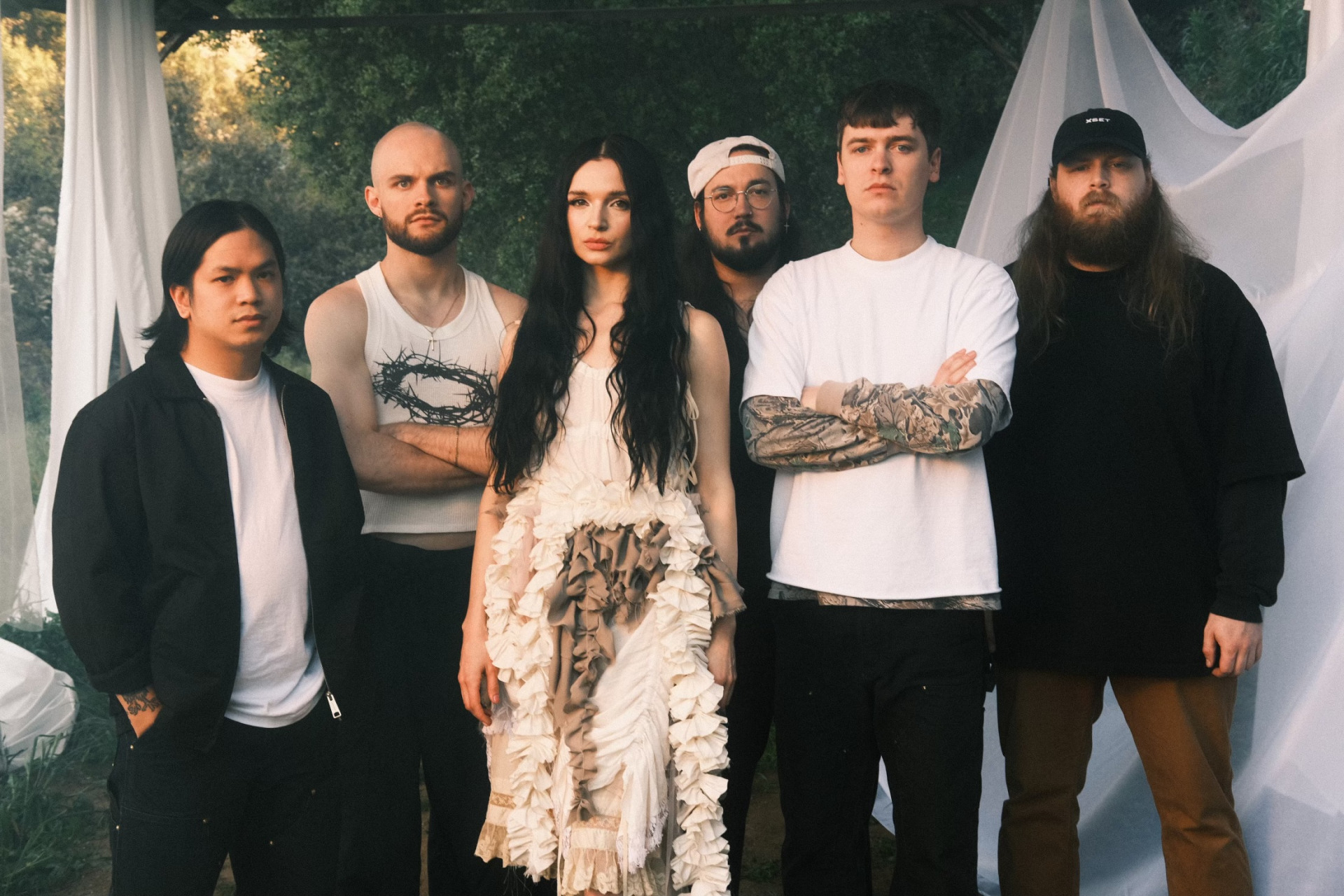
Noise Pollution #5: Our Book Could Be Your Band
I’m going to lose a few of you this time around, I’m sure. Why? Because I’m going to talk about books.
…

…
“But Neill, books don’t make a sound. Isn’t this supposed to be about music?” Well, friends, here’s where you’re wrong. Books absolutely can make a sound, especially if they’re thrown at something/someone. Also, this is going to be about books about music, the closest thing to educational peanut butter and chocolate this column will ever get to.
Fuck off if your first instinct is to tell me you have a nut allergy.
We’ve only put the tip in as far as books on extreme metal but you can feel the thrust coming thanks to publishers like Cult Never Dies, Decibel, and the like starting to give more focus into the subculture which we’re sort of floating around in, but that’s only been the last few years. Before then we would occasionally have some academic peek under the covers like Hideous Gnosis and Black Metal: Beyond the Darkness which would be about 18% about the music and 78% meandering references to Bataille, with the remainder being bits and pieces peppered with manifestos and other esoteric but mostly meaningless pockets of words, the silica gel packets of discourse. Before then, we had the Metal Genre: A-Z books, which were mostly just copies of Encyclopedia Metallum band pages but on fucking paper. Before that, even, all we had was Lords of Chaos (now a major motion picture). What I’m getting at with this cool story is, while we’re on the precipice, metal just doesn’t have the library of books that you could use as roadmaps the way, say, punk does. We don’t have a lot of musicians telling their stories, yet.
I’m going to stop using “yet” and other foretelling tools, because at this point I think you’re picking up what I’m putting down.
The two that come to mind most are Tom G Warrior’s Are You Morbid?, which came out 22 years ago and fetches a fucking mint on the secondary market, and Necrobutcher’s The Death Archives. I’ve read Tom’s autobiography years ago, and my recollection of it was that it was dry and he spent a lot of time trying to make it seem like he was well-behaved when everyone else around him were basically cum fountains that subsisted on booze and hairspray in the 1980s, though it has been a lifetime since I’ve read it. I received Necrobutcher’s book over the holidays, but haven’t gotten started yet because I’m 600ish pages into Peter Hook’s excellent Substance: Inside New Order after breezing through Unknown Pleasures: Inside Joy Division after a few days.
As a fun fact you can use to impress whomever you’re trying to fuck at the bar next time: I tend to alternate between punishing myself with classic literature and cleansing my palette with books about music and subculture. I’m told this fact is a surefire panty-dropper so you can thank me next time you see me.
Now individual musician’s stories can be interesting, albeit obviously one sided. There is also the delicate balance between coming off like a bragging conqueror or a shrinking violet. Hook’s New Order book could have stood about 100 pages skimmed off about the various people he’d… hook’d up with (LOL GET IT? HOOK’D) whereas Tom’s book comes off trying to scrub too much of the dirt out of the picture. Neither of them obviously need too much salacious content–it’s not like you’re grabbing these books for the mythology of debauchery and fuckings from the 1980s (there’s the Motley Crue book for that, if that’s your kink). I think the only musician’s autobiography that struck the perfect balance between the two was Lemmy’s White Line Fever, which I would consider the benchmark for that sort of thing and mandatory reading even if you’re not a Motörhead fan for whatever reason, bad taste or poor parenting I guess. Probably the most consistent chronicler in music subculture has been Henry Rollins, who, even in his later work that deals more with traveling and politics, tends to insert his musical history whenever applicable while keeping his writing voice brutally honest, not glorifying the dirt of the past but not covering it up either. Read Get in the Van first (if you haven’t already) to get the picture.
Now these are just individual stories, with their own sets of biases and limitations, but what about the collective “movements” of these subcultures? That’s where there’s some deeper wells and the waters aren’t as polluted by tourists pissing down said wells. I’m a big fan of oral histories or anthology-esque collections about scenes and subcultures, which was brought on by what I would consider the most mandatory piece of writing on any musical genre, Please Kill Me by Legs McNeil. McNeil assembled interviews, soundbites and direct quotes from an exhaustively in depth cast of characters in the New York punk scene starting with the Velvet Underground and ending in the 1980s with several key figures deaths and the myriad of failed career resurrections. I don’t really care if you’re not a fan of these bands’ music, this book is worth reading for the historical perspective alone. As a side note, it’s probably the best way to get a view into The Ramones without reading Dee Dee’s books that somehow involve chapters where he’s throwing hand grenades at cops or aliens or some hallucination he convinced himself was real (his books are worth reading as well, if you’re into pulp writing).
While others didn’t really steal McNeil’s continual flow of quotes there is definitely that same feeling of continuity through books like Rip It Up and Start Again or the one this piece was cleverly named after (I’ll take my award whenever it’s convenient) Our Band Could Be Your Life which highlight several countercultural scenes that eventually became the mainstream and eventually led the way for authors to start tackling the undercurrents of the music world, in tomes like American Hardcore or Choosing Death or Ian Glasper’s excellent trilogy on UK punk from the post-’77 rush to the Crass-spearheaded anarcho movement to the evolution into filthy grindcore by the late 1980s. All of these books, and those like them, are endlessly fascinating to me and have been a vibrant source of discovering new bands, new artists and new scenes I either didn’t know existed or was fairly unfamiliar with.
Music and literature (should) go hand-in-hand, and my whole mission with this was to try to get some of you who are book-averse (I’m looking mostly at you, American audience) to realize there’s probably a book out there written entirely about the shit you’re interested in and that this is a good way to get one or two of them in your library that have more words than pictures in them. If nonfiction isn’t your bag, then there are a few musicians who’ve written fiction as well, my main point of recommendation would be Nick Blinko’s The Primal Screamer, which, as you would imagine, is a Lovecraftian horror novel written with the same energy as the best Rudimentary Peni albums… and that’s our hint for installment VI. See you in two weeks.
…










